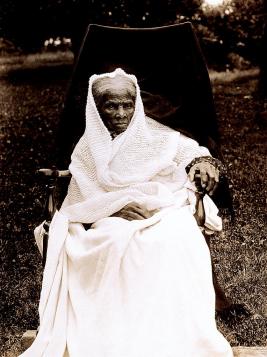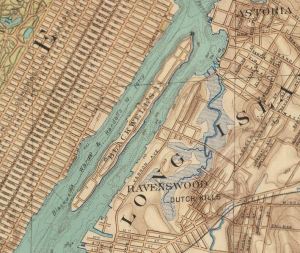I first saw a Beecher family-related scrapbook when Minton Brooks asked me to look at one now in the Brooklyn Historical Society, made by his ancestor Henry F. Minton. Henry Minton was Henry Ward Beecher’s parishioner, and had been riveted enough by
his minister’s doings in the unfolding Beecher Tilton sex scandal to compile clippings about them in his scrapbook, along with his own interests as a homeopathic doctor. It was the kind of unfolding news story that often inspired newspaper clipping scrapbook making. A scrapbook allowed you to collect all the sidepaths and follow them all across different newspapers.
But the Beechers and
Stowes and their friends themselves had different ideas of what to collect. And old newspapers could be turned into data, abolitionists realized in creating American Slavery as It Is – the book that Harriet Beecher Stowe kept under her pillow when writing Uncle Tom’s Cabin.
I’m looking forward to speaking about the scrapbooks and newspaper clippings in Harriet Beecher Stowe’s life at the Harriet Beecher Stowe Center in Hartford, CT, on Thursday, October 24, 5:30. Join me!




 s rare, riveting photograph of Harriet Tubman, probably taken around 1911 at her home in Auburn, NY, was in one of the scrapbooks kept by Elizabeth Smith Miller and Anne Fitzhugh Miller. They were ardent suffragists, and the daughter and granddaughter of abolitionist Gerrit Smith. You can see
s rare, riveting photograph of Harriet Tubman, probably taken around 1911 at her home in Auburn, NY, was in one of the scrapbooks kept by Elizabeth Smith Miller and Anne Fitzhugh Miller. They were ardent suffragists, and the daughter and granddaughter of abolitionist Gerrit Smith. You can see 







